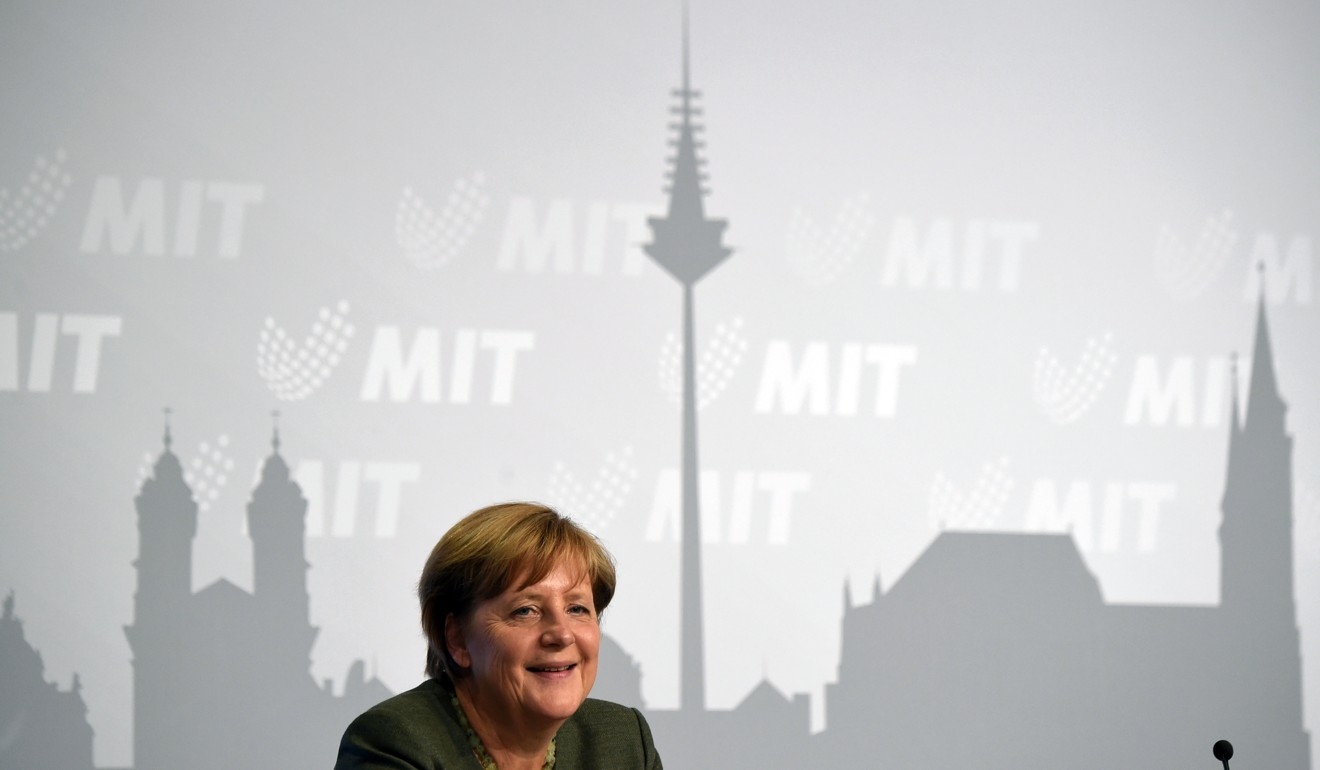
China’s pledge to open its market for trade and investment must be honoured on the ground
Michael Clauss says recent moves by Beijing to ease some regulations for foreign investments are welcome, yet follow-through on the ground is lacking. Worse, the rules appear to have tightened in some other areas
Yet, the majority of foreign companies I talk to have observed an intensifying trend in the opposite direction. Time and again, hopeful signals of further opening from the top seem to fizzle out when they reach the administrative level.
Xi Jinping woos foreign firms as investors look beyond China
Foreign businesses in China still encounter too many arduous and even frustrating barriers. Plans by the General Administration of Quality Supervision, Inspection and Quarantine for an expensive general certificate for all food imports, irrespective of health risks, are a prime example. The proposed regulations threaten to make imports for smaller and medium-sized companies unprofitable and therefore meaningless.

Foreign companies dissatisfied with China’s slow progress in opening up investment markets
Another bellwether for openness is its 2017 catalogue for foreign investments, which has just been published. Our companies have been waiting for years for the removal of investment restrictions such as joint venture obligations, equity caps and in other areas. The new measures contain a number of welcome changes but fall short of expectations. Large areas of the Chinese economy remain completely shut to foreign investment, especially in services, the fastest growing and by far largest part of the economy. According to the new catalogue, areas in the service sector that remain closed include the domestic postal services and almost the entire media, entertainment and publishing industry. In the latter, the rules even appear to have been tightened.
Germany’s and China’s success as economies hinges on the equitable, fair and free flow of investments
The most important restricted areas remain restricted. Again, services stick out: equity caps for banks for foreign investors between 20 per cent and 25 per cent remain unchanged, so do those for insurance (50 per cent). The same applies to the car industry, except fully electric cars: the decades-old 50 per cent equity cap for original equipment manufacturers and limitations, only allowing two joint ventures for passenger cars, remains in place.
Some smaller areas have been removed from the restricted list but market access restrictions could render them ineffective. One example is railway equipment, where companies are often no longer even invited to put in tender bids for important urban transport projects. This approach is not limited to railways and metro systems. We know of a number of cases in different sectors where it was made clear to German companies that they will only get market access and licences if they set up a joint venture and hand over their technology.

Beijing defends crackdown on VPNs, saying there are alternatives for businesses
Despite the very encouraging public commitments to open markets, the reality on the ground in China contributes to calls for protectionist measures among some of its trading partners. Countries will understandably begin to weigh the costs and benefits of their openness when investors from countries without full market access, like China, edge into their own markets. China should therefore not be surprised about international deliberations to introduce more control mechanisms relating to inbound foreign direct investment.
To reap the anticipated prosperity gains from cross-border investment relations, a level playing field based on reciprocity is indispensable.

Trade ties may bind but trust is the glue to a strong China-Germany relationship
For China and Germany, a constructive approach to open trade and investment is in the interest of both. Germany depends on open markets and is therefore traditionally among the most attractive destinations for FDI. It boasts extremely low regulatory barriers. Openness and transparency vis-à-vis FDI will remain a predominant feature of German economic policy. Recent minor changes in our review of FDI do not belie this, with the government’s ability to reject foreign acquisitions remaining extremely limited.
Since 2016, China has leapfrogged into second place for outbound FDI, with an amount totalling more than US$183 billion last year. At the same time, China’s economic success still depends on inflows of FDI, which dropped to roughly US$133 billion in 2016. As a foremost source of FDI in China from Europe, Germany’s position is gaining strength against the overall trend. Not least in light of Germany’s contribution to the technological development of the Chinese economy, the unobstructed flow of investment is of mutual interest.
Germany’s and China’s success as economies and as nations hinges on the equitable, fair and free flow of investments. China’s leaders have realised that. It’s time the promise to further open its own market for goods, services and investment is honoured on the ground.
Michael Clauss is the German ambassador to China

